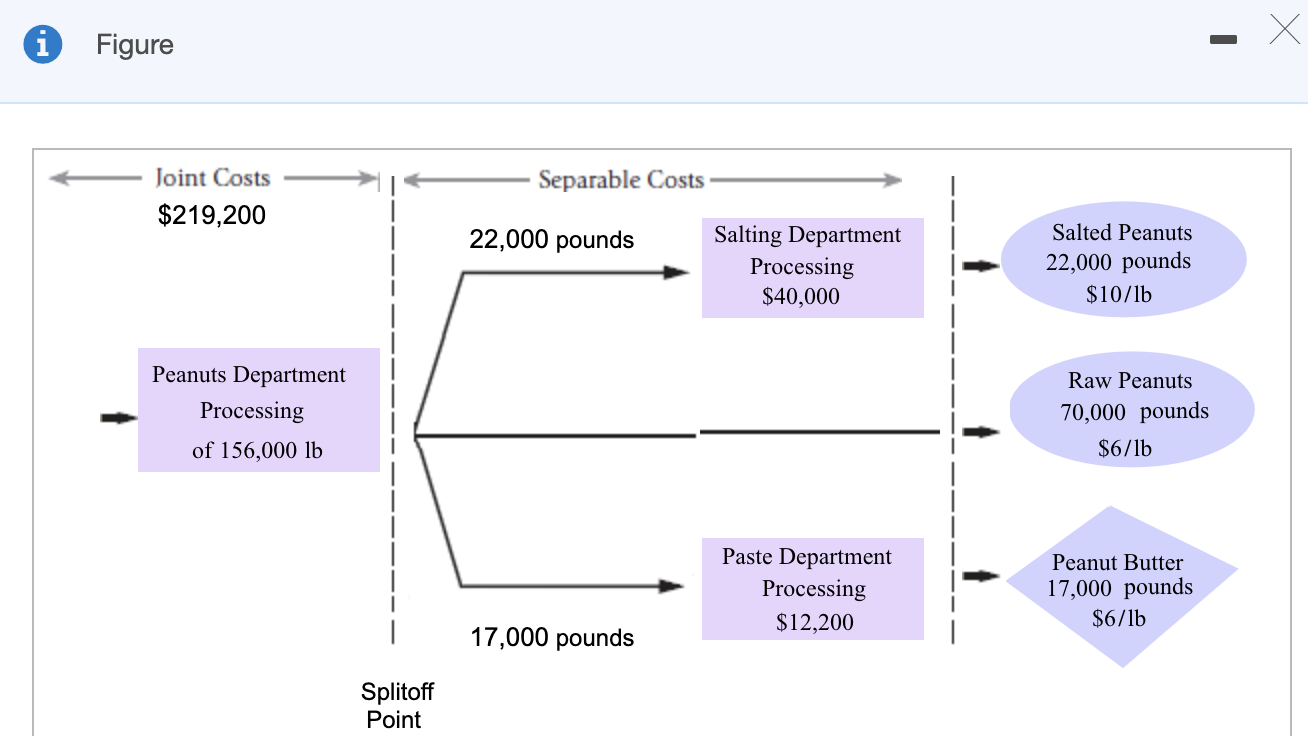Answered step by step
Verified Expert Solution
Question
1 Approved Answer
Rabito, Inc., is a large food-processing company. It processes 156,000 pounds of The company wants to make a gross margin of 10% of revenues on




Step by Step Solution
There are 3 Steps involved in it
Step: 1

Get Instant Access to Expert-Tailored Solutions
See step-by-step solutions with expert insights and AI powered tools for academic success
Step: 2

Step: 3

Ace Your Homework with AI
Get the answers you need in no time with our AI-driven, step-by-step assistance
Get Started


